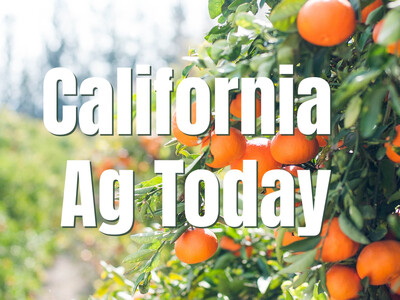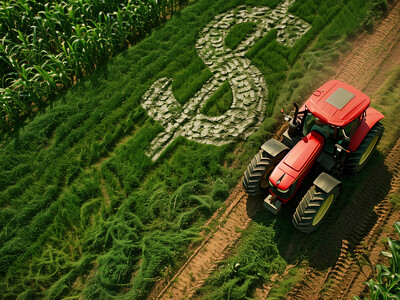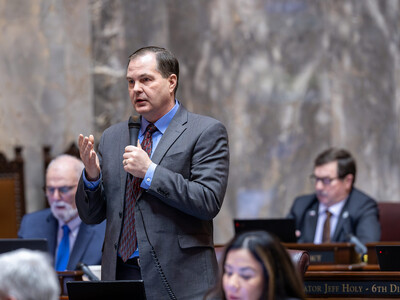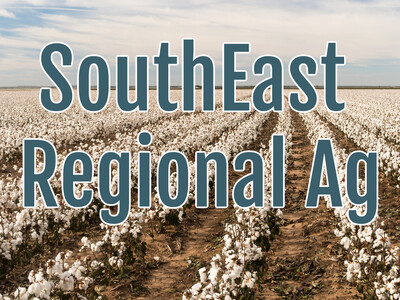Meat Decline & Wild Horse Bill
Meat Decline & Wild Horse Bill plus Food Forethought. I’m Greg Martin with today’s Northwest Report.
Decisions by livestock producers and meat companies this year will likely mean zero growth in
BANGE:
On Friday - the House passed a bill designed to improve federal management of wild horses and burros and increase the land on which they can roam. The bill - which passed 239 to 185 - would direct the Bureau of Land Management to take steps intended to maintain healthy herds on public lands. The bill would outlaw the killing of healthy animals and institute sterilization and other fertility controls to manage the herds. It would enhance an existing program to encourage adoption of the animals - and it would bar adopters from slaughtering the animals for human consumption.
Now with today’s Food Forethought, here’s Lacy Gray.
Recognizing that agriculture is not only the backbone of our nation but that of most nations around the globe the USDA is participating in an agricultural extension program in conjunction with several universities across the U.S. in order to educate and inform agriculture representatives from Iraq and bring them up to speed on new ag technologies, practices, and systems. Over the past several weeks twelve representatives from
Thanks Lacy. That’s today’s Northwest Report. I’m Greg Martin on the Northwest Ag Information Network.














